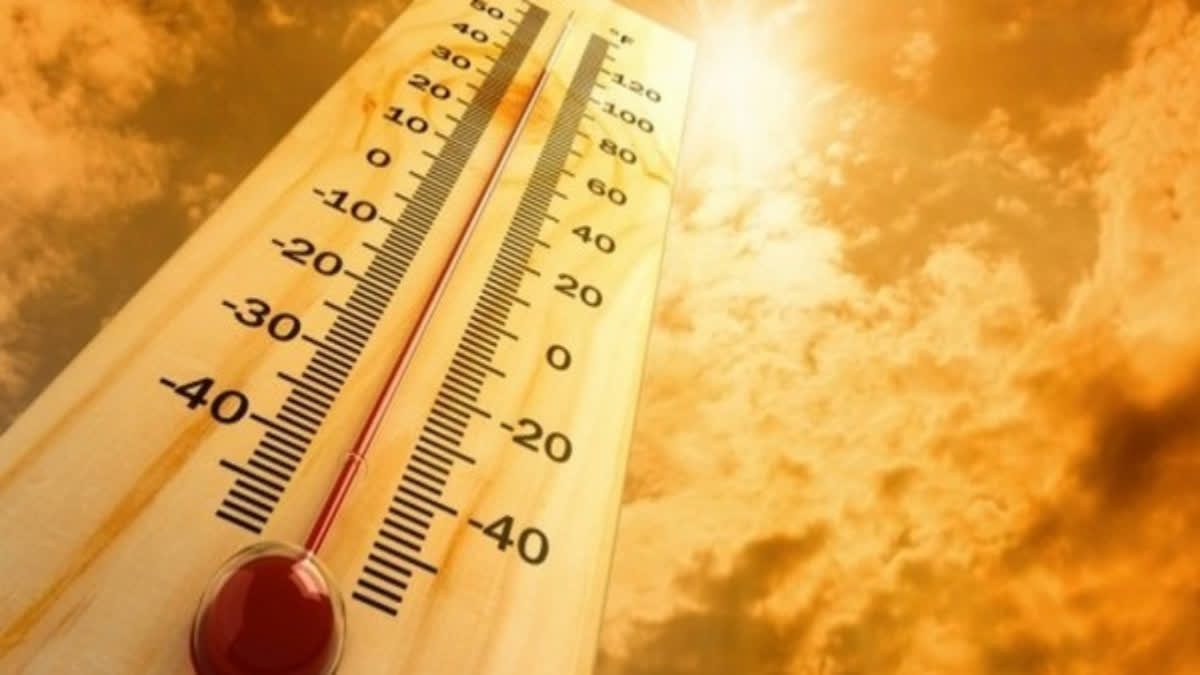California [US]: Almost 90 per cent of Indians are more vulnerable to public health issues, food shortages, and increased risks to deaths due to the deadly heat waves fuelled by climate change in 2022, research by the University of Cambridge revealed on Thursday. Ramit Debnath of the University of Cambridge in Cambridge, United Kingdom, and colleagues published a study in PLOS Climate that suggested that heatwaves made more likely by climate change may impede India's progress towards its sustainable development goals.
India has committed to meeting seventeen United Nations Sustainable Development Goals (SDGs), including zero poverty, good health and well-being, decent work, and economic growth. However, current climate vulnerability assessments may underestimate the impact of heat waves linked to climate change on SDG progress.
Researchers conducted an analytical evaluation of India's heat index (HI) with its climate vulnerability index (CVI), a composite index using various indicators to account for socioeconomic, livelihood, and biophysical factors, in order to analyse India's climate vulnerability and how climate change may impact SDG progress. To classify severity levels, they used a publicly available dataset on state-level climate vulnerability indicators from the Indian Government's National Data & Analytics Platform. The researchers then compared India's progress towards the SDGs over a 20-year period (2001-2021)
The researchers found that heatwaves have weakened SDG progress more than previously estimated and that current assessment metrics may not sufficiently capture the nuances of India's vulnerabilities to climate change impacts. For instance, in estimating HI, the study shows that nearly 90 per cent of the country is in a danger zone from heatwave impact.
Also read: Solar Eclipse 2023: 'Awesome' solar eclipse wows viewers in Australia, Indonesia
According to CVI, around 20 per cent of the country is highly vulnerable to climate change. Similar effects were observed for the national capital, where HI estimates show almost all of Delhi is threatened by severe heatwave impacts, which is not reflected in its recent state action plan for climate change. However, this study had several limitations, for example, the incongruent timeframe for CVI data (2019-2020) and heat index data (2022). Future studies should incorporate more recent data.
According to the authors, "This study shows that heatwaves make more Indian states vulnerable to climate change than previously estimated with the CVI. The heatwaves in India and the Indian subcontinent become recurrent and long-lasting, it is high time that climate experts and policymakers reevaluate the metrics for assessing the country's climate vulnerability. This offers a scope for developing a holistic vulnerability measure through international cooperation and partnership."
The authors added: "Heat waves are getting more intense in India, putting 80% of the country's people in danger, which remains unaccounted for in its current climate vulnerability assessment. If this impact is not addressed immediately, India can slow its progress towards sustainable development goals." (With Agency Inputs)



